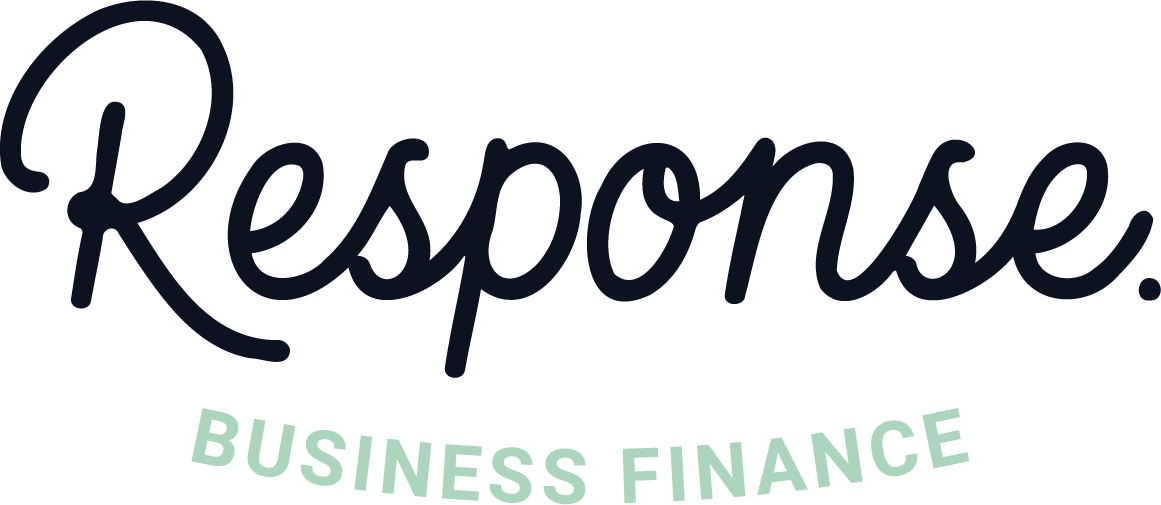
Blog Article by Response Business Finance
How to Choose the Right Invoice Finance Company
Choosing the right invoice finance company requires evaluating key factors including competitive pricing structures, transparent fee arrangements, industry experience, customer service quality, technology platforms, and regulatory compliance to ensure you partner with a provider that supports your business growth effectively.
| Factor | What to Look For | Red Flags |
|---|---|---|
| Pricing | Clear fee breakdown, competitive rates (0.5-2.5% service fees) | Hidden costs, complex pricing structures |
| Advance Rates | 80-90% of invoice value | Low advances (under 70%) without clear reasons |
| Speed | Funds within 24-48 hours | Processing delays over 5 working days |
| Technology | Modern platform, mobile access, accounting integration | Outdated systems, poor user experience |
| Service | Dedicated account management, industry expertise | Shared service models, inexperienced staff |
| Regulation | FCA authorisation, ABFA membership | Lack of proper regulatory status |
| Contract Terms | Flexible arrangements, clear exit provisions | Long lock-ins, punitive exit fees |
Finding the right invoice finance partner can make the difference between smooth cash flow operations and costly headaches. With dozens of providers in the UK market, each offering different terms, fees, and service levels, the choice isn’t always straightforward. The wrong provider could cost you thousands in unnecessary fees or damage customer relationships through poor service.
Understanding Your Invoice Finance Needs
Before evaluating providers, you need clarity on what you actually need.
Are you looking for factoring (where the provider manages your sales ledger) or discounting (where you maintain customer relationships)?
Do you need credit protection against bad debts, or are you comfortable with recourse arrangements?
Your business size, industry, and customer base all influence which providers will be interested in working with you. Most invoice finance companies have minimum monthly invoicing requirements, typically £10,000-£50,000, and prefer businesses with established B2B customer relationships.
Understanding how invoice finance improves cash flow for small businesses helps clarify whether this funding method aligns with your operational needs and growth plans.
Key Factors to Evaluate
Pricing Structure and Fees
Invoice finance pricing can be complex, with multiple fee types affecting your total costs:
The cheapest headline rate isn’t always the best deal. A provider offering 1.5% service fees but charging high due diligence costs and poor advance rates might cost more than one with 2% fees but better overall terms.
According to the Association of British Factors and Discounters, all members must provide clear fee schedules upfront. Always request a full cost breakdown before making decisions.
Advance Rates and Speed
Most providers offer 70-90% advances against eligible invoices. Higher advance rates mean better cash flow, but often come with stricter eligibility criteria or higher costs.
Speed matters too. Leading providers can advance funds within 24 hours of invoice approval, while others take 3-5 working days. If you need cash flow support for urgent payments or opportunities, processing speed becomes crucial.
Technology and Reporting
Modern invoice finance operates through online platforms where you submit invoices, track advances, and monitor collections. The quality of these systems varies significantly between providers.
Look for platforms offering:
Poor technology can create administrative burdens that offset the benefits of improved cash flow.
Customer Service and Relationship Management
Your invoice finance provider becomes an extension of your business, particularly with factoring arrangements where they interact directly with your customers. Their professionalism and service quality directly impacts your business reputation.
Key service considerations include:
The Financial Conduct Authority requires authorised providers to meet specific service standards, but quality still varies considerably between companies.
Industry Experience and Specialisation
Some invoice finance companies specialize in particular sectors like recruitment, construction, or manufacturing. Sector specialists often provide better service because they understand industry-specific challenges like payment cycles, seasonal variations, and customer types.
They may also offer more flexible terms for industry-standard practices. For example, recruitment specialists understand monthly payroll cycles and can structure advances accordingly.
Credit Management Capabilities
If you’re considering factoring, evaluate the provider’s credit management approach carefully. They’ll be collecting payments from your customers, so their professionalism and effectiveness directly affects your business relationships.
Strong credit management includes:
Red Flags to Avoid
Lack of Transparency
Avoid providers who won’t clearly explain their fee structure or contract terms. If they’re evasive about costs or use complex terminology without explanation, look elsewhere.
Pressure Sales Tactics
Reputable providers understand that invoice finance is a significant business decision requiring careful consideration. High-pressure sales tactics or demands for immediate decisions are warning signs.
Poor Reviews and References
Check online reviews, but also ask for references from current clients in similar industries. Established providers should be happy to provide references and case studies demonstrating their track record.
Inadequate Regulatory Status
Ensure any provider you consider is properly authorized by the Financial Conduct Authority. You can verify this through the FCA register before engaging with any provider.
If you’ve already experienced issues with invoice finance providers, understanding the full picture of risks and rewards of using invoice finance can help you make a more informed choice next time.
Questions to Ask Potential Providers
About Costs and Terms
About Service Levels
About Technology
The Due Diligence Process
Reputable invoice finance companies will conduct thorough due diligence on your business and customers. This process typically involves:
- 1Financial Review: Analysis of your accounts, cash flow, and trading history
- 2Customer Assessment: Credit checks on your main customers and payment history review
- 3Legal Documentation: Formal agreements, personal guarantees, and security arrangements
- 4Operational Setup: Platform access, process training, and ongoing support arrangements
This process usually takes 2-3 weeks for established businesses, though some providers offer faster approvals for straightforward applications.
Making Your Decision
Create a shortlist of 3-4 providers based on your research, then request detailed proposals from each. Compare not just costs, but total value including service levels, technology, and industry expertise.
Consider running a pilot arrangement with your preferred provider before committing to long-term contracts. Some providers offer short-term trials that let you test their service quality and platform usability.
Don’t rush the decision. The British Business Bank’s research shows that businesses taking time to properly evaluate funding options achieve better long-term outcomes.
Working with a Finance Broker
Many businesses find the invoice finance market overwhelming and choose to work with specialist brokers. Brokers can:
When choosing a broker, ensure they’re FCA-regulated and transparent about their fee arrangements. The best brokers act as genuine advisors, taking time to understand your needs rather than pushing particular products.
Why Choose Response Business Finance for Invoice Finance Guidance
At Response Business Finance, we’ve spent over a decade helping SMEs navigate the invoice finance market. Our experience working with businesses across multiple sectors gives us deep insight into which providers work best for different business types and situations.
As an FCA-regulated broker, we maintain relationships with the UK’s leading invoice finance providers, from specialist boutique firms to major banking groups. This breadth of access means we can match you with providers who genuinely suit your requirements rather than forcing square pegs into round holes.
Our approach starts with understanding your business goals, customer base, and operational needs. We then identify suitable providers, negotiate terms on your behalf, and support you through the application process. Recent clients have secured facilities ranging from £100,000 to £5 million, with approval times typically 10-14 days.
We don’t charge upfront fees, and our success depends on finding solutions that work long-term for your business. Whether you’re exploring invoice finance for the first time or looking to switch providers, we offer straightforward, no-pressure guidance from experienced professionals.
Our case studies demonstrate how we’ve helped businesses across various industries secure appropriate invoice finance solutions, from start-ups needing working capital to established companies funding rapid expansion.
Ready to find the right invoice finance partner for your business? Contact our team for expert guidance on choosing providers that match your specific needs, or apply online for a comprehensive assessment of your options.
Frequently Asked Questions
Mark Squires
Managing Director
Mark Squires is a seasoned professional with a passion for transforming how businesses access finance. As the founder of Response Business Finance (RBF), Mark leads a boutique commercial brokerage built on the principles of sensibility, ethics, and proactivity. His vision is simple yet profound: to make commercial finance personal, offering tailored solutions that empower SMEs to thrive.




